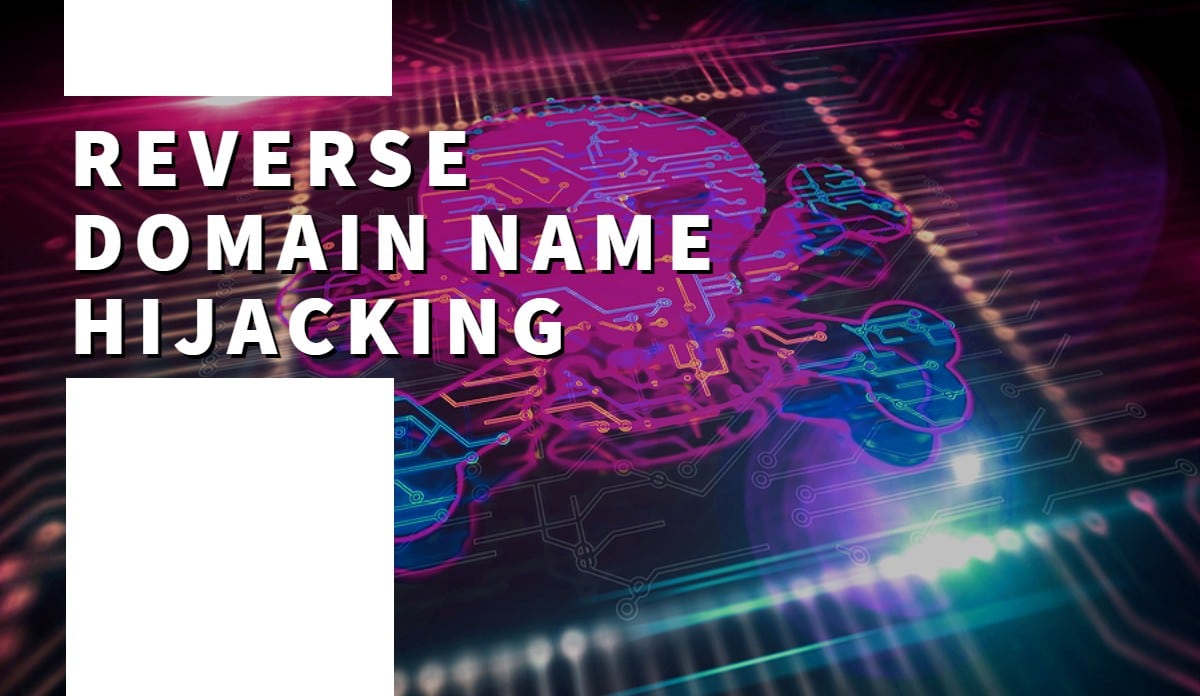Panelist find reverse domain name hijacking in case involving third-party claims adjuster.

It’s not every day that a large company is found to have engaged in reverse domain name hijacking. But a National Arbitration Forum panelist has ruled that insurance company United Services Automobile Association (USAA) has tried to reverse hijack usaainsuranceclaimsadjusting.com.
Harris Claims Services owns the domain name and uses it to promote its services. It represents insurance holders trying to get the best payout from their insurance company, such as USAA.
As an insurance company, USAA also employs claims adjusters who work on its behalf when a client files a claim.
This is a somewhat unique situation related to nominative fair use. USAA and the domain owner don’t technically compete, but they are adversaries.
Panelist Gerald Levine wrote:
Although not in so many words, Respondent is claiming that it is using the Disputed Domain Name nominatively to market its public adjusting services as indicated by the additional words in the Disputed Domain Name “insurance claims adjusting.” Nominative fair use has a long history under the UDRP, as it does under US law. The question posed to the Panel is whether there is merit to Respondent’s defense of nominative fair use for if there is, it would also satisfy a nonexclusive circumstance of a right or legitimate interest in the Disputed Domain Name.
Levine determined that the case should be found in Harris Claims Services’ favor based on settled law for nominative fair use.
He also wrote, “The UDRP is designed to suppress cybersquatting, not competition, and for these reasons Respondent has legitimate interests in the Disputed Domain Name.”
He went a step further to find reverse domain name hijacking:
Respondent argues that Complainant makes false and misleading statements in its complaint and Additional Submission and that Complainant’s contentions have no reasonable connection to the facts in this case. The Disputed Domain Name was registered in 2010 and as a public adjuster Respondent has been representing USAA’s insured who seek independent experts for over twenty years. Complainant’s failure to acknowledge these material facts is a serious oversight. Recognizing them should have alerted Complainant’s counsel that it had no actionable claim for cybersquatting, yet it proceeded despite its knowledge of these facts.
Rather, Counsel has crafted a complaint to mislead the Panel that the Disputed Domain Name has only recently been discovered, that there is no history of Respondent’s representation of Complainant’s insureds over the years, and Complainant is “shocked” that Respondent is representing Complainant’s insureds as a public adjuster in negotiating settlements of insurance claims. In failing to recognise this history Complainant has presented a false picture of the circumstances under which and for which the Disputed Domain Name was registered and is being used.
In filing this complaint, Counsel certified under UDRP Rule 3(xiii) that “this Complaint is not being presented for any improper purpose, such as to harass, and that the assertions in this Complaint are warranted under these Rules and under applicable law, as it now exists or as it may be extended by a good-faith and reasonable argument.” In assessing a claim for cybersquatting, a party’s failure to recognize what those undeniable facts are undermines any claim that “the assertions [. . .] are warranted.”
Reverse domain name highjacking is defined in the UDRP Rules as an “attempt to deprive a registered domain-name holder of a domain name.” Rule 15(e) provides that “If after considering the submissions the Panel finds that the complaint was brought in bad faith, for example in an attempt at Reverse Domain Name Hijacking or was brought primarily to harass the domain-name holder, the Panel shall declare in its decision that the complaint was brought in bad faith and constitutes an abuse of the administrative proceeding.”
For the reasons explained above and in the prior sections, the Panel declares that this complaint was brought in bad faith in an attempt to deprive Respondent of the Disputed Domain Name.
Post link: USAA tries reverse domain name hijacking
© DomainNameWire.com 2022. This is copyrighted content. Domain Name Wire full-text RSS feeds are made available for personal use only, and may not be published on any site without permission. If you see this message on a website, contact editor (at) domainnamewire.com. Latest domain news at DNW.com: Domain Name Wire.
Go to Source
Author: Andrew Allemann
